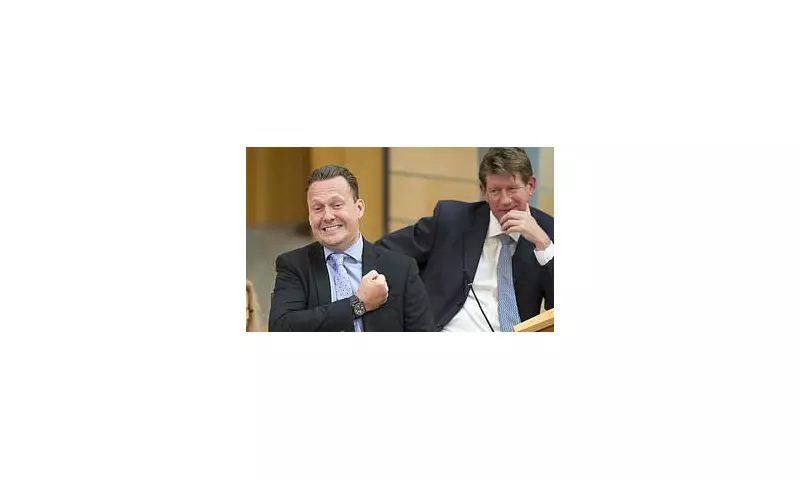
Scottish politics witnessed a moment of high drama this week as First Minister John Swinney channelled the spirit of William Wallace in a fiery exchange with Scottish Tory leader Douglas Ross. The confrontation during First Minister's Questions was less a political debate and more a theatrical showdown, leaving spectators riveted.
The Clash of the Titans
The session began with Ross launching a characteristically sharp attack on the SNP government's record. He brandished what he claimed was damning evidence of failure, attempting to put Swinney on the defensive. But the First Minister was not in a mood to yield ground.
In a response that echoed Mel Gibson's iconic portrayal of Scottish rebellion, Swinney turned to his opponent and delivered a line that would have made Braveheart proud: "They may take our lives, but they'll never take our freedom." The historical reference hung in the chamber air, transforming the political scrap into something more symbolic.
Substance Behind the Spectacle
Beyond the theatrical rhetoric, Swinney mounted a robust defence of his government's position. He accused opposition parties of engaging in what he termed "gutter politics" - focusing on personality attacks rather than substantive policy debates.
The First Minister systematically dismantled Ross's criticisms, presenting counter-arguments that highlighted SNP achievements and future commitments. His performance demonstrated why he remains one of the most experienced operators at Holyrood, capable of blending political theatre with substantive argument.
The Bigger Political Picture
This confrontation represents more than just another heated FMQs exchange. It signals the SNP's strategy under Swinney's leadership: combining passionate Scottish nationalism with pragmatic governance. While the Braveheart rhetoric plays well with the party base, the substantive policy arguments aim to reassure the broader electorate.
For Douglas Ross and the Scottish Conservatives, the exchange highlighted the challenges they face in landing effective blows against an experienced political operator like Swinney. The theatrical nature of the exchange also raises questions about whether style sometimes triumphs over substance in modern political discourse.
As the dust settles on this dramatic session, both sides will be assessing whether political theatre translates into political advantage. What remains clear is that Scottish politics has lost none of its capacity for high drama and passionate debate.





